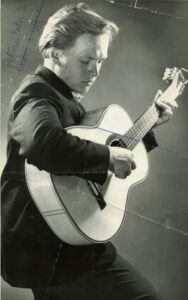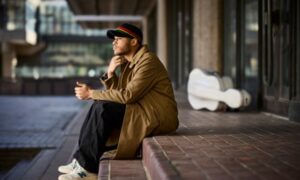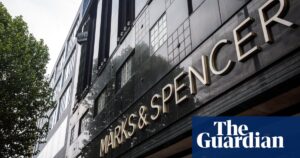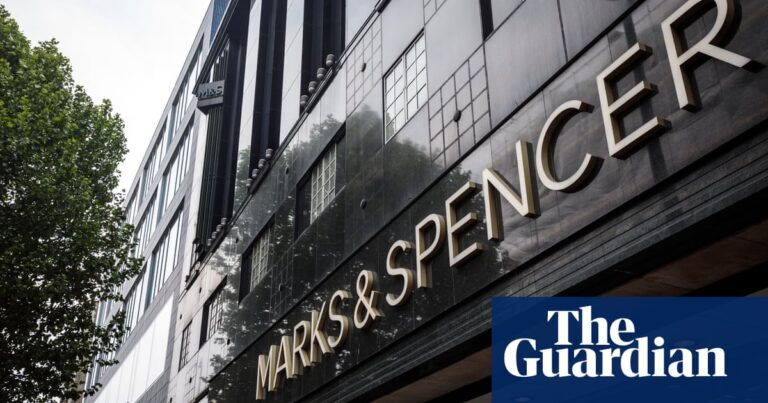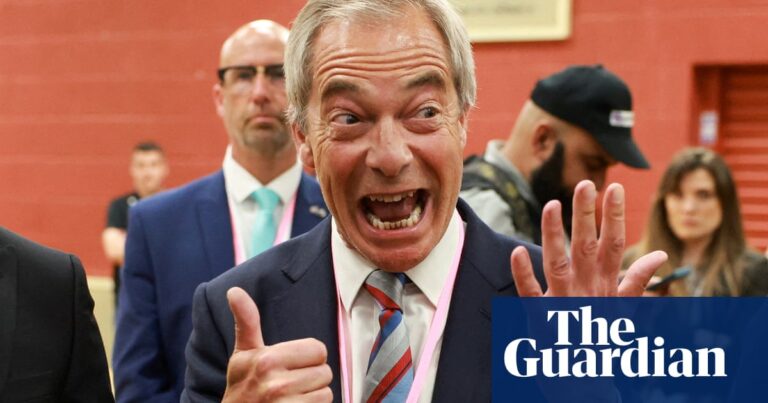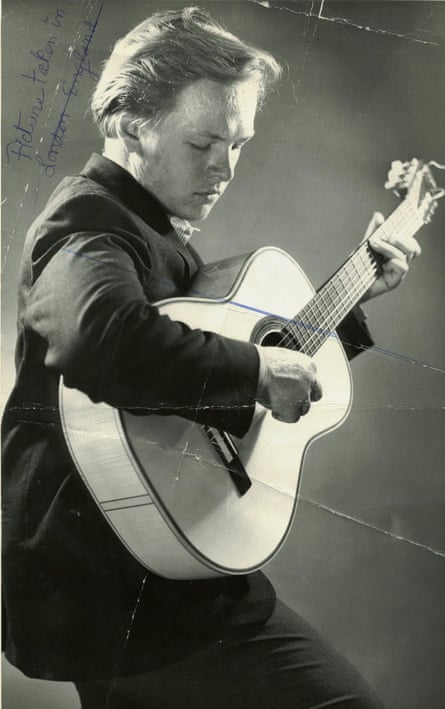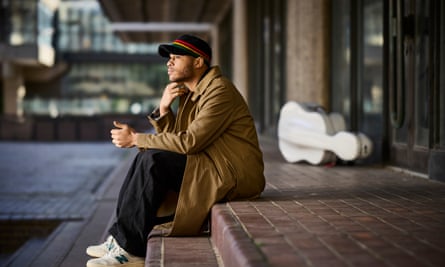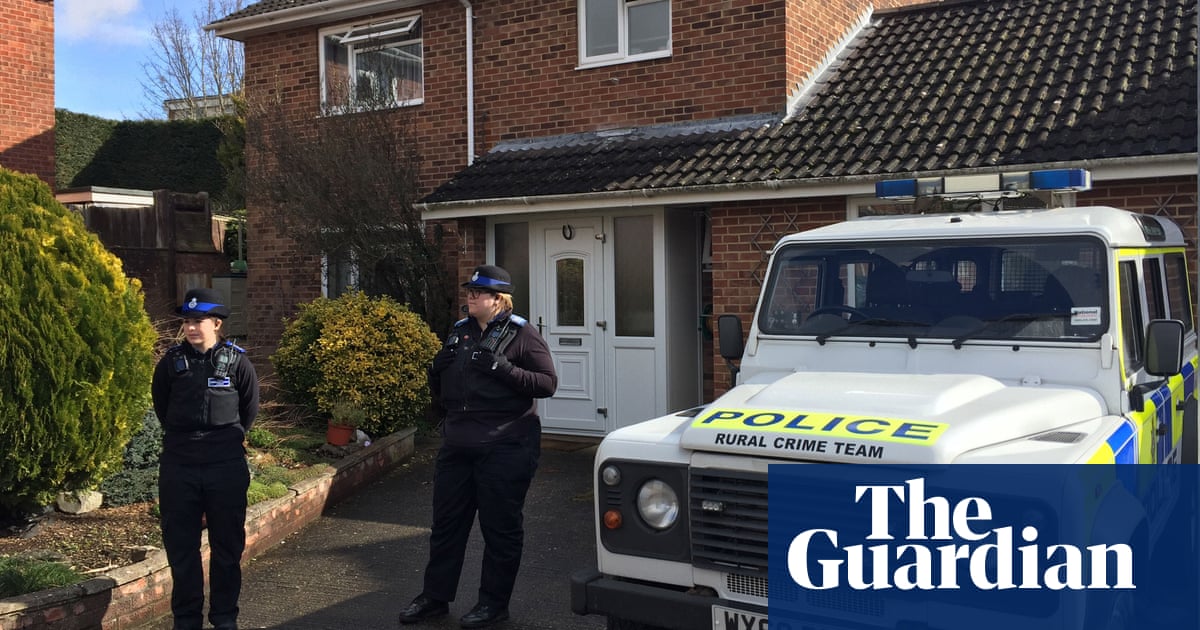
The former chief medical officer for England claimed she had a “strong recollection” of advising the public not to pick up objects they found near the scene of the novichok attack on the Russian ex-spy Sergei Skripal, despite there being no record of her making such a statement.
Dame Sally Davies, who was speaking at the inquiry into the Salisbury poisonings in Wiltshire, said she had a recurrent nightmare that a child would find a discarded container of the nerve agent.
But when she was asked why there was no record of her issuing a warning to the public over the risks, she conceded it was possible she may not have made a public warning after all.
Skripal and his daughter, Yulia, survived the novichok attack in March 2018 but four months later Dawn Sturgess, from Wiltshire, died after being poisoned with novichok contained in a fake perfume bottle apparently left in Salisbury by Russian agents.
Davies said: “It was my belief once we knew there had been Russian involvement that unless they were stupid they would not cork it up, put it in their pocket and take it home. Therefore it was a risk that it had been discarded. I had nightmares that someone would pick up some discarded stuff.”
Later she said: “The recurrent nightmare was a child [would pick it up].”
Davies said she had a “strong recollection” that in March 2018 she did advise the public not to pick up objects they found. But added: “I understand all of you think I didn’t and I have to say we have no proof it of but it was my memory.”
In her statement to the inquiry, Davies recalled a high-level meeting in which “concern” was expressed that it would cause panic if she urged people not to pick up discarded items.
A barrister for the inquiry, Francesca Whitelaw KC, said: “Do you think it’s possible you raised the suggestion of the ‘don’t pick up’ advice, but it wasn’t ultimately stated publicly for that reason, that it might cause panic?”
Davies replied: “It may be, yes.” But she also said: “I don’t remember anyone muzzling me.”
Jesse Nicholls, a barrister for Sturgess’s family, suggested it was not feasible that she had made a public statement if it could not be found. Davies told him: “I think you’re trying to suggest a cover-up. There is no cover-up.”
Earlier a former senior detective, Ben Mant, said he was still haunted by his decision to search the home of Sergei Skripal after the poisoning with his colleague, DS Nick Bailey, who was contaminated with novichok and suffered health problems including “nightmarish hallucinations”.
Mant said: “It was my decision to search the house. I was accountable for the decision. It’s something that still haunts me. Clearly Sgt Bailey became very ill as a result of our actions that night … What happened to Sgt Bailey can’t be reversed.”
Mant, who was the first senior investigating officer, said it was important to search the house in the hours after the attack. He was reassured by the reaction of a counter-terrorism officer who in the immediate aftermath of the Skripals falling ill had shown no interest in it.
after newsletter promotion
He said he and Bailey entered the house wearing forensic suits, boot covers over shoes, gloves, goggles and surgical masks. Bailey took hold of the door handle – later found to be contaminated with novichok – and “gave it a yank”.
Mant was “pretty sure” he touched the handle too. He said: “I think I would have momentarily touched it. This is something … that I have relived a thousand times.”
In the house, their goggles became steamed up and they raised and lowered their glasses. This may have been when Bailey became contaminated, Mant said.
Another police officer, PC Ollie Bell, who was stationed outside the house, was contaminated when a piece of equipment that had been in the house was handed to him.
Mant said: “It was very startling. He had one pupil that was the size of a pinprick and the other pupil was very dilated. I’ve never seen someone with both at the time.”
The inquiry continues.
Source: theguardian.com
